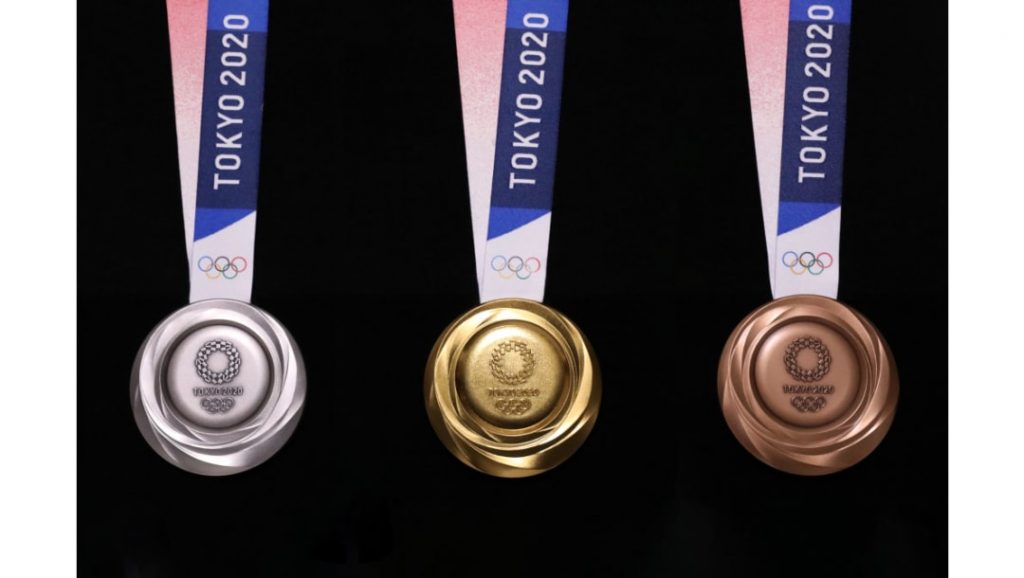The absolute truth. Success is relative

Finishing first isn’t the only kind of winning. The harder the journey involved, the lower that the expectations bar should be set. That’s because success isn’t about absolutes or perfection. Success is relative. Where you’ve come from should always be a factor in assessing where you end up.
In most competitions, there is allegedly a ‘level playing field’. But a whole series of differences including population, economic development, access to resources, physiology, age and technology can give a huge sloping advantage to some competitors.
Absolute and Relative Success
Finishing first is usually the absolute form of success. But even here, there’s relative success. More is expected of the teams with the smartest coaches, biggest budgets and best players. Finishing first might only amount to relative success for them. They might need to break points records to achieve the equivalent of absolute (or total) success.
Those that manage to upset their odds can perform better, in relative terms, than those who finish first, if the top team started with a significant advantage. If they can win the whole thing, from a position of disadvantage, then that’s definitely absolute success. Just think Leicester City in 2016’s Premier League.
We are in the midst of Tokyo 2020, the pinnacle of sport. As well as celebrating all of the Olympic golds, silvers and bronzes that Team GB has achieved, there are plenty of examples of relative success to celebrate too.
Go Fourth
In Rio, our Olympians finished fourth on sixteen separate occasions. For them there was no podium finish and no medal to bring home. What there was however, was the knowledge that they’d finished fourth in the World. Think about it. Fourth in the whole World. That’s an absolutely amazing achievement. We mustn’t be too blinkered about what amounts to success. In Tokyo, Adam Glover finished fourth in the C1 Canoe Slalom, 0.16 seconds outside the bronze. How is that not success?Everyone who made the Olympic team achieved some form of success.
Helen Glover has had three children since winning her second Olympic Gold medal in Rio. Five years later at the age of 35, achieving fourth place in Tokyo is absolutely, unquestionably a success.
Zoe Smith finished 8th in the Women’s Weightlifting 59kg. Unimpressed by that? Really? Try the fact that Zoe’s sponsors left her after London 2012, she missed the 2016 Olympics with a shoulder injury and then lost her UK Sport funding.
To get to Tokyo, Zoe had to recover from shoulder and back injuries, train outside working in a pizza restaurant (to pay her way), qualify for the 2020 Games and then get selected by Team GB. Even getting to Tokyo was a success. Being 8th in the World in your sport is, without doubt, a fantastic achievement.
You don’t need metal
With many more agonisingly close finishes, Team GB is full of Olympians who have achieved relative success. And it is definitely success, despite not coming home with a shiny piece of coloured metal to prove it. Their own ‘metal’ in getting there is what they should be defined by.
These Olympic stories are a useful reminder that we should be celebrating relative success as well as absolute success.
